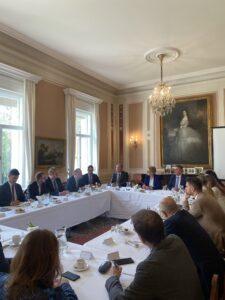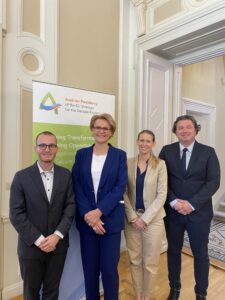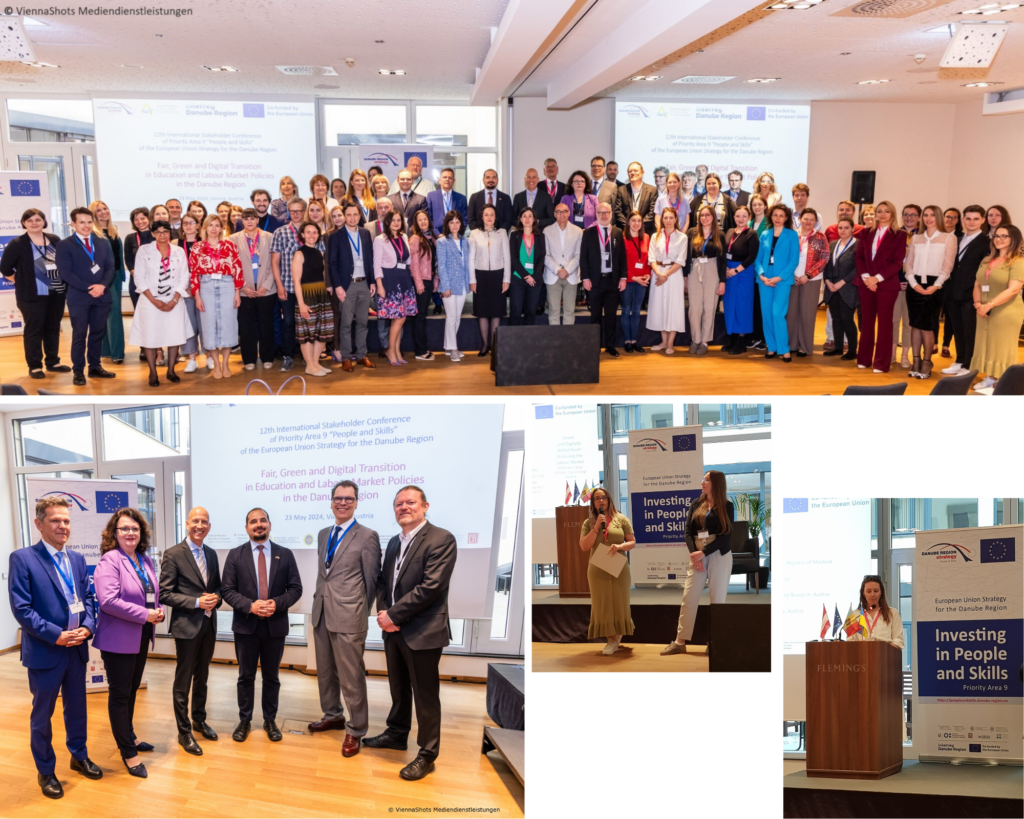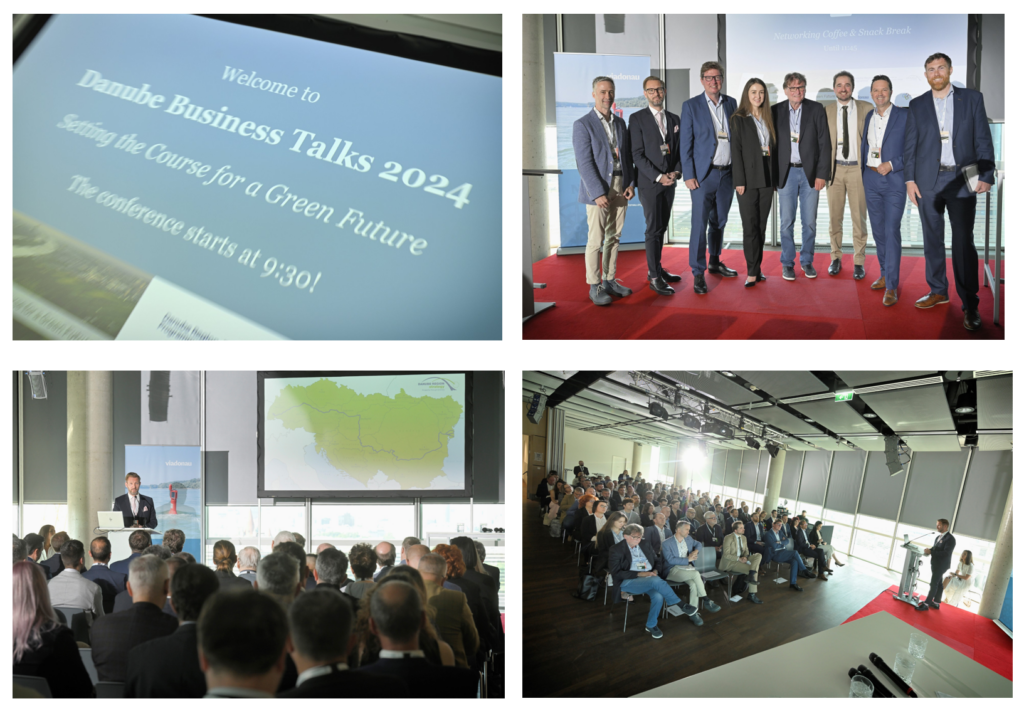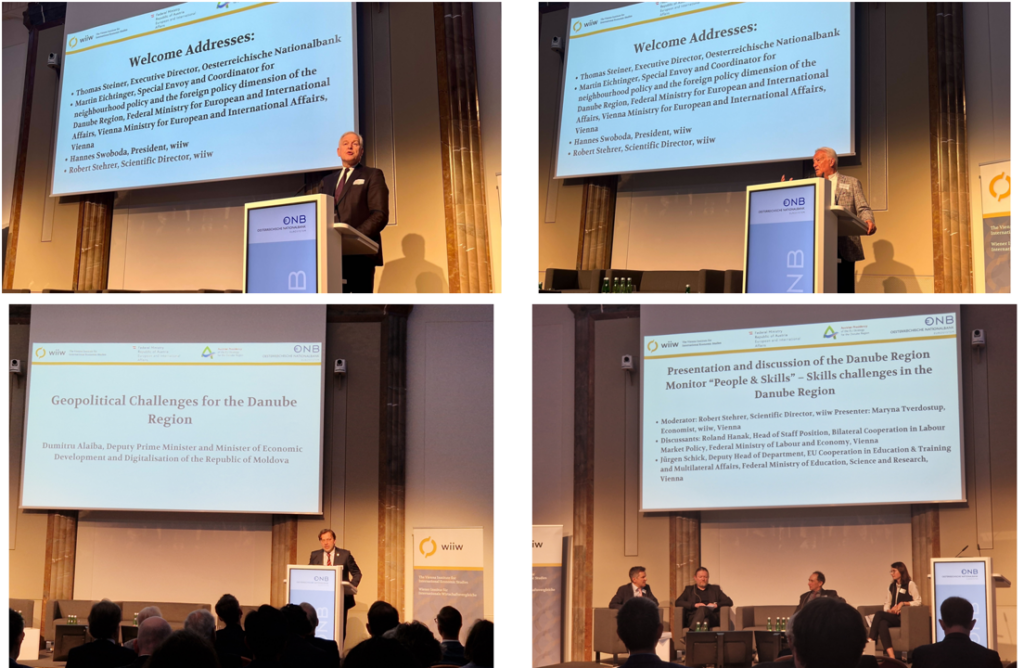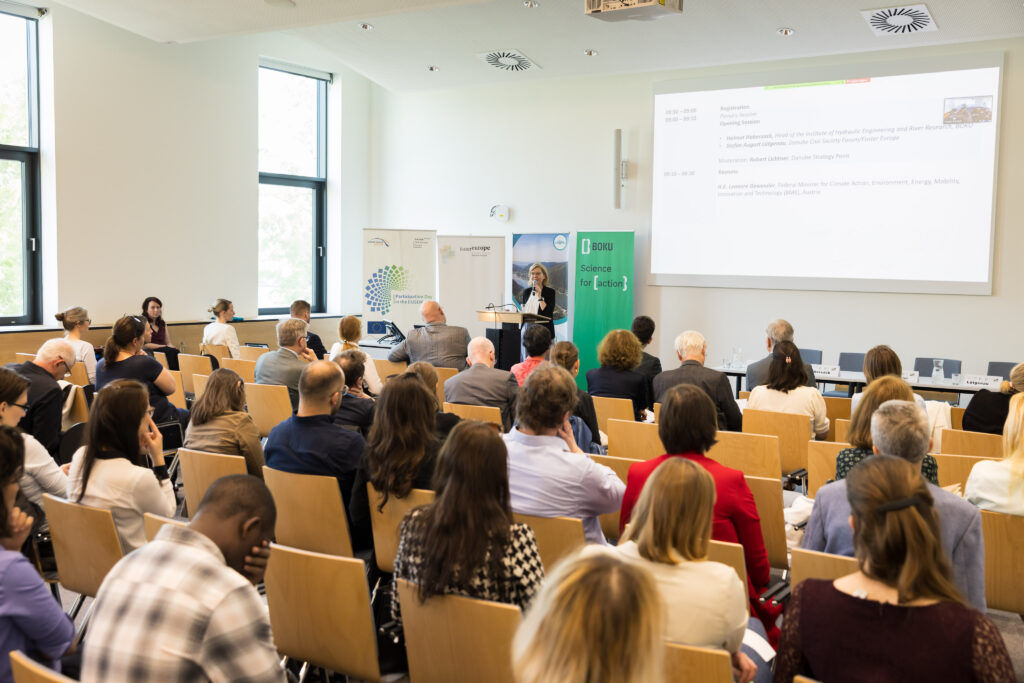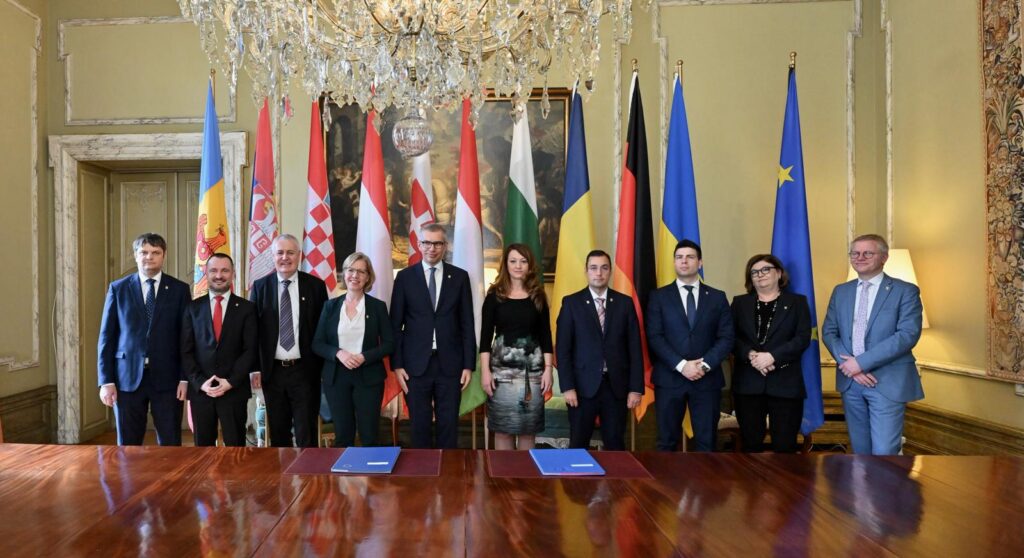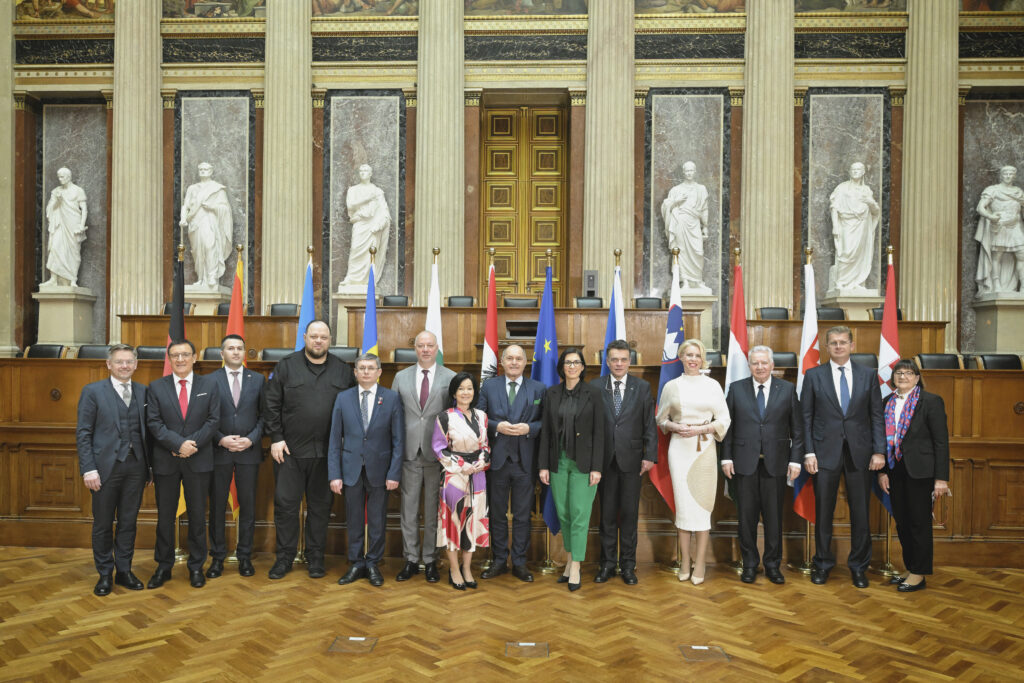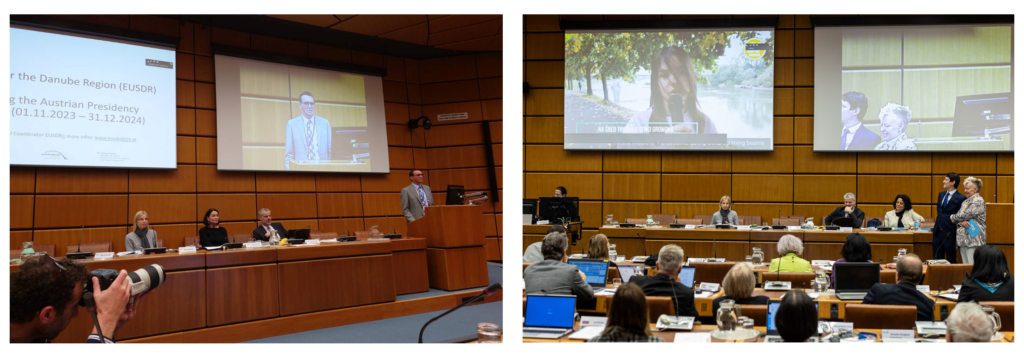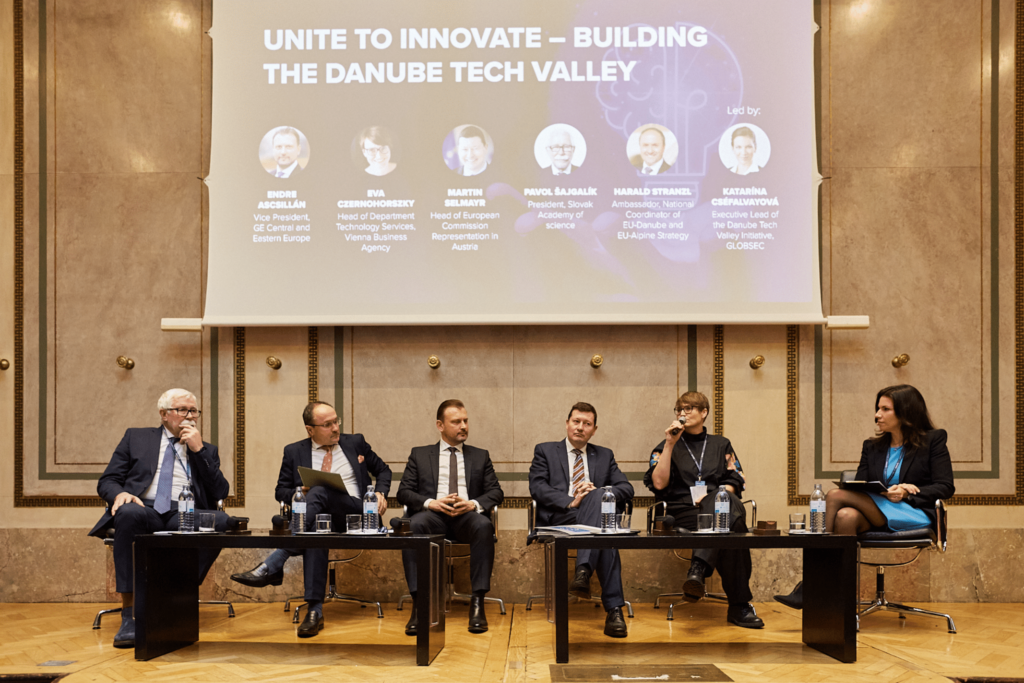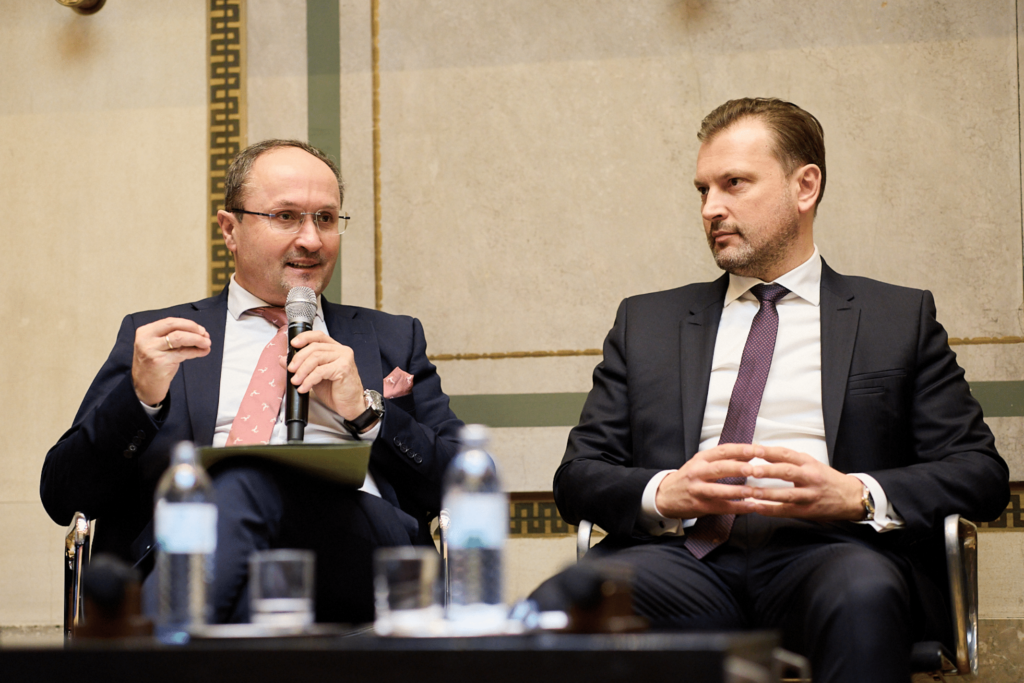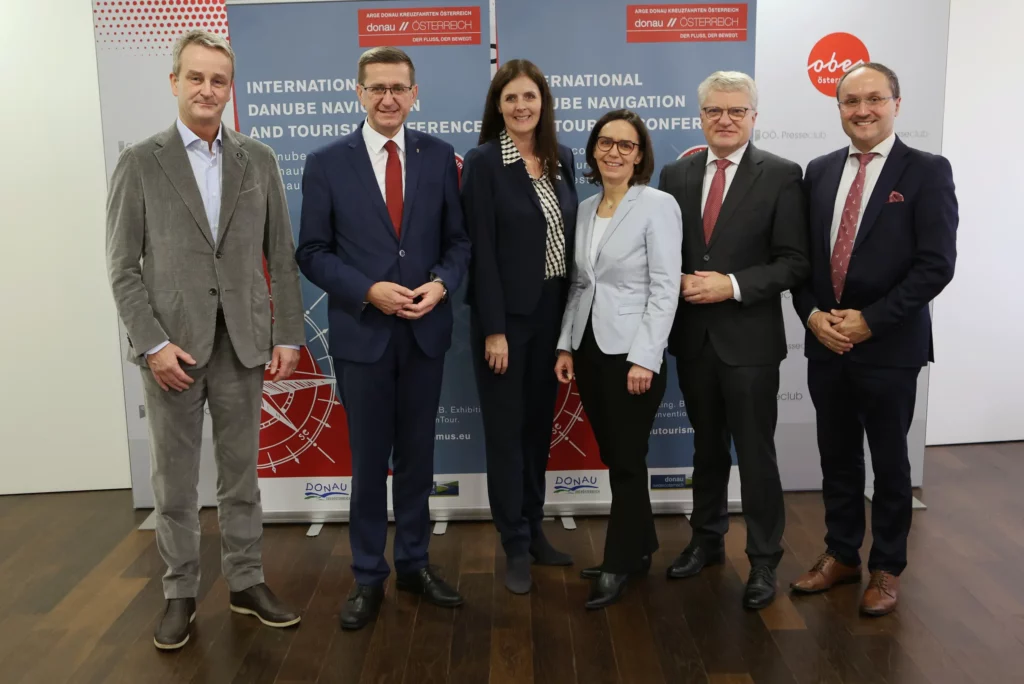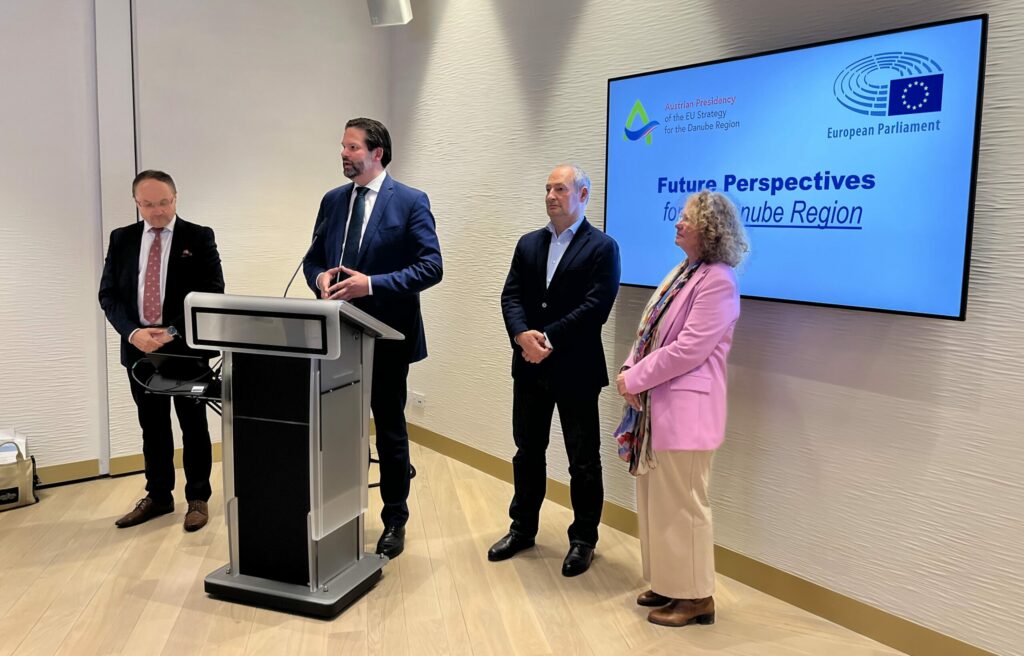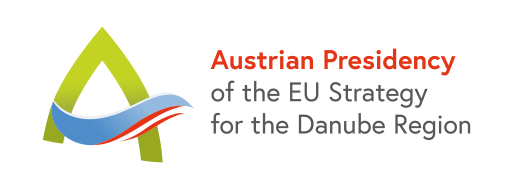
Shaping Transformation, Creating Opportunities:
A Prosperous, Resilient and Secure Danube Region
Austria holds the Presidency of the EUSDR from 1 November 2023 to 31 December 2024.
Austria is taking over the Presidency at a moment when the Danube macro-region is living through a time of transition. Beyond Russia’s ongoing illegal war of aggression against Ukraine, we are facing fundamental and far-reaching transformations: geopolitical shifts, economic uncertainty, climate change, changing demographics and growing social imbalance. All these challenges call for intensified cooperation across borders.
Under the slogan ‘Shaping Transformation, Creating Opportunities: A Prosperous, Resilient and Secure Danube Region‘, the Austrian EUSDR Presidency will focus on the following three thematic priorities:
- Contributing to Stability and Security, and a clear European Perspective for the whole Danube Region
- Fostering Innovation, Skills and Business Opportunities in the Danube Region
- Enhancing the Danube Region Ecosystem, Water and Green Transition Management
Across all these priorities, Austria will pursue the participation and involvement of youth, civil society and regional and local stakeholders.
Furthermore, the Austrian EUSDR Presidency will focus on the following three institutional and governance objectives:
- Strengthening political commitment and broad ownership of EUSDR, by involving Danube Region stakeholders in a comprehensive way
- Continuing joint efforts to enable tangible funding opportunities
- Illustrating the clear added value of the EUSDR at local, regional, national and European levels and ensure visibility, i.e. by highlighting Danube Strategy Flagships and Danube Region Programme (DRP) projects
In addition, discussions to identify key messages and processes regarding the future perspectives of the EUSDR beyond 2024 will be launched during the Austrian Presidency.
Programme, meetings & events of the Presidency:
Short version of the programme of the Austrian EUSDR Presidency
Detailed version of the programme of the Austrian EUSDR Presidency
Events of the Austrian EUSDR Presidency
Added value through cooperation in the Danube Region as seen by the Presidency:
Danube Region – Thriving through cooperation: Discover the power of international cooperation and local investment in bridging gaps and creating sustainable solutions in the Danube Region: on occasion of the Austrian EUSDR Presidency 2024, the Federal Ministry of Agriculture, Forestry, Regions and Water Management has published a folding map on the added value of cooperation in the Danube Region entitled “Thriving through cooperation”. The map is accompanied by videos on 6 added values.
Impact stories map.
Impact stories videos:
Awareness building and common values (Fem4Forest project)
Immediate impact on everyday life (Danube Cycle Plans project)
Knowledge building and exchange (CD Skills project)
Realise new potentials through cooperation (Living Danube Limes project)
Stability through cooperative structures
Transnational solutions for common problems (Life Restore for Mura-Drava-Danube project)

